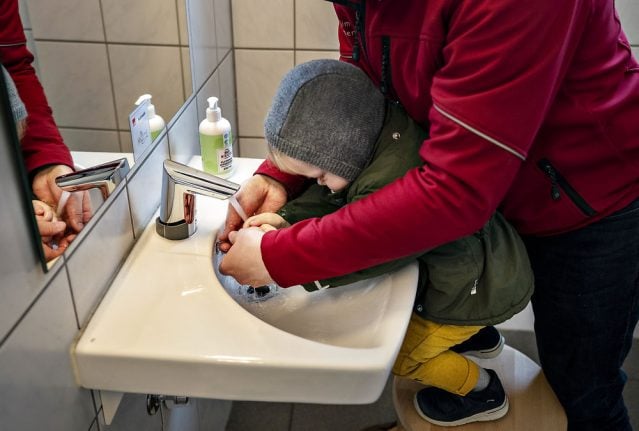Although Denmark’s national lockdown was further tightened by new measures on Tuesday, Prime Minister Mette Frederiksen’s government has resisted closing nurseries and kindergartens (vuggestuer and børnehaver in Danish, ed.).
Schools are closed until at least January 17th, however.
Some left wing parties as well as a union for child care workers have called for the kindergarten facilities to join schools in being closed, according to reports by broadcaster DR.
The government has said that childcare facilities will not be closed but has asked parent to take care of pre-school kids at home where possible.
“Daycare is open since infections are still not being driven by the smallest children. Childcare should take place in small, regular groups where possible,” the Ministry of Health said in a statement.
“Parents are encouraged to keep children home from childcare if this is possible. Additionally, the option of using e.g. visors with regard to daycare will be looked into,” the statement adds.
Meanwhile, the national infectious disease agency SSI said on Wednesday that 63,312 people in the country have received at least one of the two doses of the Covid-19 vaccine.
That corresponds to 1.08 percent of the population, according SSI.
READ ALSO: EXPLAINED: What coronavirus restrictions does Denmark now have in place?



 Please whitelist us to continue reading.
Please whitelist us to continue reading.
Member comments